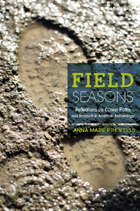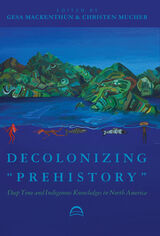

This flowed into a seminar led by choreographer, dancer, and educator Subathra Subramaniam who shared her experiences of working with dance to inspire climate action in collaboration with youth activists and scientists. Mathilda Tham (Linnaeus University) shared their concept of ‘Earth Logic’-a radical framework for sustainability grounded in systems thinking that has been applied in a number of contexts, especially in the fashion sector, since its launch at London Fashion Week 2020. Kate Fletcher (London College of Fashion) and Prof. Andrew Patrizio ’s (University of Edinburgh) talk ‘The Disappointing Apocalypse: Visualising Climate in Art Since the 1960s’ which was co-hosted with the Past Imperfect seminar in UCL’s History of Art Department and considered the complex relationship between the idea of eco-apocalypse and visual art practice since 1960Īfterwards, Prof. Florian Mussgnug (UCL, SELCS) gave a lecture on ‘Ecologies of Grief: Narratives of Covid, Climate and Care’ which explored twenty-first century narratives of loss and mourning to call for an ecological re-thinking of grief and the literary genre of elegy. Colin Sterling (University of Amsterdam) discussed the ‘Reimagining Museums for Climate Action’ project: an international design and ideas competition and associated exhibition to be hosted at Glasgow Science Centre ahead of and during COP26. Contributors were chosen who prioritise eco-political praxis and embrace exchanges with scientists and activists. Intending to encourage a more coordinated cultural response to the climate crisis, the webinars spotlighted researchers based at institutions across the globe who collectively represented a broad range of the arts, including: curating, literature, art history, fashion, dance, art practice, music, and architecture.

When considered in tandem, these two meanings highlight the significant potential of artistic works-as focused expressions of broader cultural conditions-for inspiring the development of more sustainable ways of being. ecology as culture -an understanding that ecology is increasingly anthropogenic as it is determined by the ideas, customs and behaviours of humans and how they interact with the environment.culture as ecology -a realisation that culture is relational and therefore mutable as it is determined by the dynamic interaction of humans with each other and the environment.

In this way, ‘cultural ecology’ was deconstructed and came to be understood in terms of the phrase’s two literal denotations:
#JULIAN STEWARD SERIES#
Developing this definition in the light of discourse on the Anthropocene, and referring more specifically to ‘culture’ as expressly manifested in artistic works, this seminar series conceived of ‘cultural ecology’ as an interdisciplinary banner to unite and mobilise researchers who share the conviction that radical and widespread cultural change is vital to combat the climate emergency. The anthropologist Julian Steward (1902-1972) coined the term ‘cultural ecology’ to describe the ‘ways in which culture change is induced by adaption to the environment’.


 0 kommentar(er)
0 kommentar(er)
